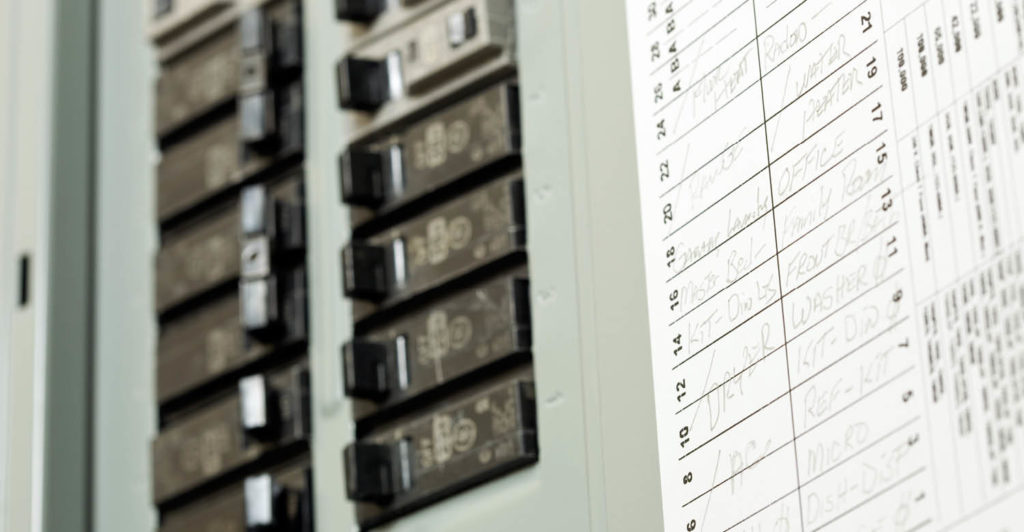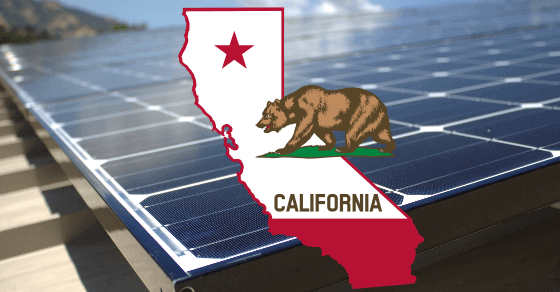If you’re considering going solar, one of the most important factors to consider is the condition and orientation of your roof. Your roof plays a critical role in determining the efficiency and effectiveness of your solar panels. Here are some key ways in which your roof can affect your ability to go solar:
- Roof orientation: The orientation of your roof is one of the most important factors to consider when installing solar panels. Ideally, your roof should face south, as this will ensure that your panels receive maximum sunlight throughout the day. East- and west-facing roofs can also work, but they may be slightly less efficient. North-facing roofs are generally not recommended, as they receive very little direct sunlight.
- Roof angle: The angle of your roof can also affect the efficiency of your solar panels. In general, the optimal angle for solar panels is between 30 and 45 degrees. However, if your roof is angled more steeply or more shallowly, it may still be possible to install solar panels with the help of mounting brackets or other equipment.
- Roof material: The type of material your roof is made of can also affect your ability to go solar. Some materials, such as asphalt shingles or metal, are relatively easy to work with and can support the weight of solar panels. Other materials, such as slate or clay tiles, may require more specialized installation techniques.
- Roof condition: The condition of your roof is also an important consideration. If your roof is in poor condition or in need of repair, it may not be possible to install solar panels until the necessary repairs have been made. Additionally, a new roof can be an added expense to consider when planning to go solar.
- Shade: Finally, the amount of shade your roof receives can also affect your ability to go solar. Solar panels require direct sunlight to generate electricity, so if your roof is heavily shaded by trees or nearby buildings, it may not be a suitable location for solar panel installation.
In summary, your roof plays a critical role in determining your ability to go solar. If you’re considering installing solar panels, it’s important to work with a qualified solar installer who can evaluate your roof and provide guidance on the best options for your home. By taking the time to understand how your roof can affect your solar installation, you can make informed decisions that will help you maximize your investment in renewable energy.










